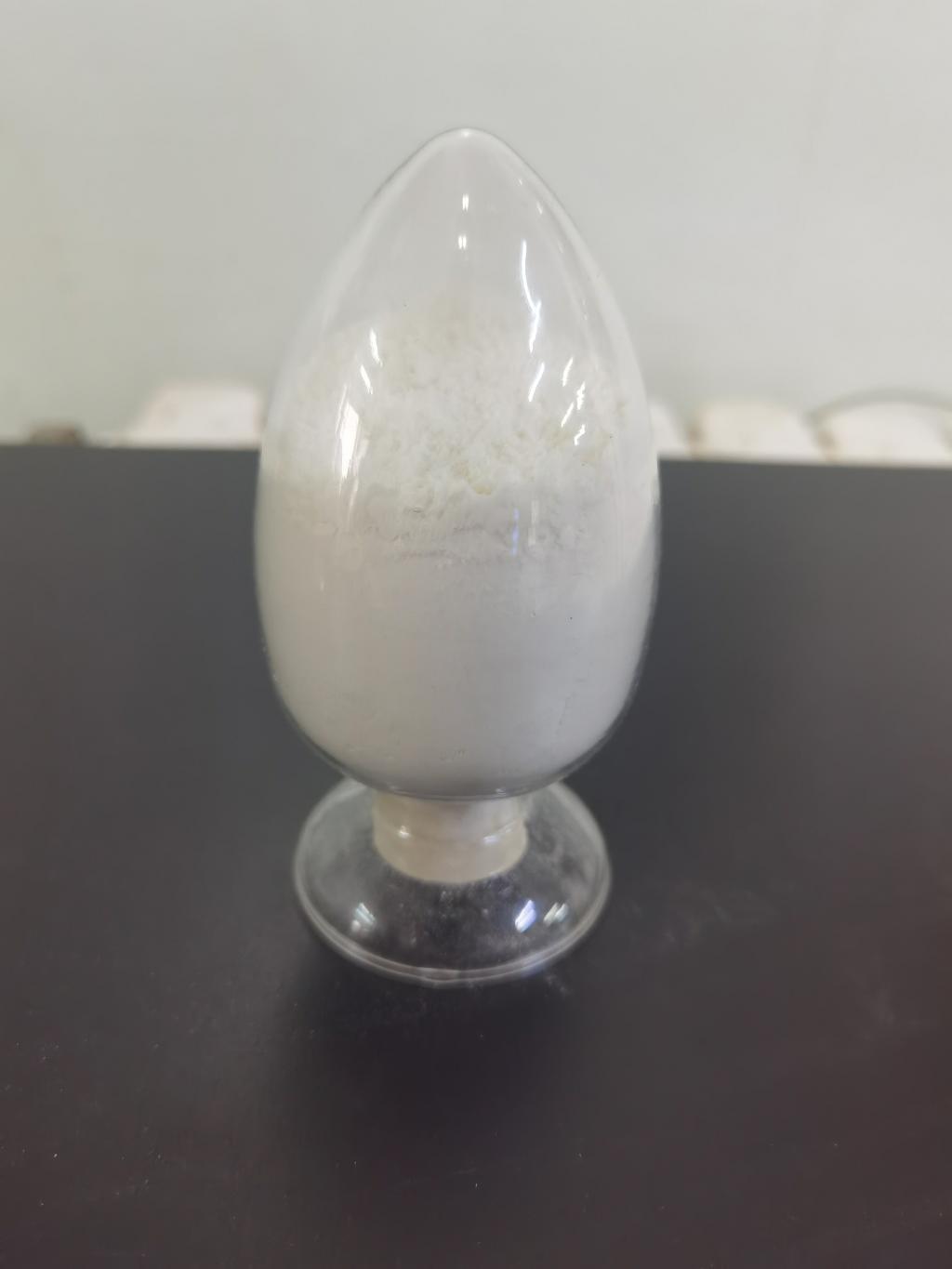Tel:+8618231198596

News
 CONTACT
CONTACT
 CONTACT
CONTACT
- Linkman:Linda Yao
- Tel: +8618231198596
- Email:linda.yao@dcpharma.cn
- Linkman:CHARLES.WANG
- Department:Overseas
- Tel: 0086 0311-85537378 0086 0311-85539701
News
What research has been done on the long-term effects of consuming ε-Polylysine hydrochloride?
TIME:2023-03-23
What is ε-Polylysine Hydrochloride?
ε-Polylysine hydrochloride is a natural polymer consisting of multiple lysine molecules linked together. It is produced by certain strains of bacteria, including Streptomyces albulus. ε-Polylysine hydrochloride is used as a preservative in food products, particularly in meat and fish products, to prevent the growth of bacteria and extend the shelf life of the product.
Research on the Long-Term Effects of Consuming ε-Polylysine Hydrochloride
While ε-polylysine hydrochloride is generally recognized as safe for human consumption, there is limited research on the long-term effects of consuming this substance. Some studies have looked at the potential health effects of consuming ε-polylysine hydrochloride, particularly in high doses or over long periods of time.
Toxicity Studies
Several animal toxicity studies have been conducted to evaluate the safety of ε-polylysine hydrochloride. In these studies, animals were given high doses of ε-polylysine hydrochloride, and researchers monitored for any adverse effects. These studies have generally found that ε-polylysine hydrochloride is not toxic and does not cause any significant adverse effects at doses commonly consumed by humans.
Allergic Reactions
There have been a few case reports of individuals developing allergic reactions to ε-polylysine hydrochloride. These reactions ranged from mild symptoms, such as itching and hives, to more severe reactions, such as anaphylaxis. However, these reports are rare, and ε-polylysine hydrochloride is not generally considered a common allergen.
Gut Microbiome
The gut microbiome plays an important role in human health, and some researchers have raised concerns about the potential impact of consuming ε-polylysine hydrochloride on the gut microbiome. A study published in 2019 investigated the effects of ε-polylysine hydrochloride on the gut microbiome in rats. The study found that consuming ε-polylysine hydrochloride had no significant impact on the diversity or composition of the gut microbiome in these animals.
Carcinogenicity
Some researchers have raised concerns about the potential carcinogenicity of ε-polylysine hydrochloride. A study published in 2017 investigated the carcinogenic potential of ε-polylysine hydrochloride in rats. The study found that consuming high doses of ε-polylysine hydrochloride did not cause any significant increase in the incidence of tumors in these animals.
Conclusion
While there is limited research on the long-term effects of consuming ε-polylysine hydrochloride, the available evidence suggests that this substance is generally safe for human consumption. Animal studies have found no evidence of toxicity or carcinogenicity, and while there have been some reports of allergic reactions, these are rare. Additionally, a recent study found that ε-polylysine hydrochloride had no significant impact on the gut microbiome in rats. However, more research is needed to fully understand the long-term effects of consuming ε-polylysine hydrochloride, particularly in high doses or over long periods of time. It is important for regulators and researchers to continue monitoring the safety of ε-polylysine hydrochloride and other food additives to ensure the safety of the food supply and protect public health. Consumers should also be aware of the potential risks associated with consuming food additives and should always read food labels and follow recommended serving sizes.
Overall, while the long-term effects of consuming ε-polylysine hydrochloride require further research, the available evidence suggests that this substance is safe for human consumption when used within recommended levels. As with any food additive, it is important to consider the potential risks and benefits and to use these substances in moderation. Consumers can also choose to avoid foods containing ε-polylysine hydrochloride if they have concerns about its safety or impact on their health.
- Tel:+8618231198596
- Whatsapp:18231198596
- Chat With Skype







